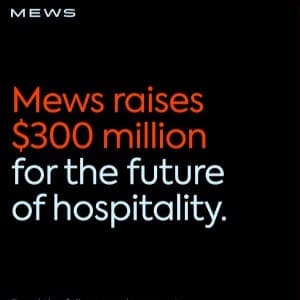 A new study from Cornell University suggests that professional investment managers often engage in short-term stock trading with poor results, which could have serious implications for hospitality firms with billions of dollars in pension funds. The research shows that portfolio managers’ trades that are held for less than a year lose money on average, with the shortest-term trades generally losing the most.
A new study from Cornell University suggests that professional investment managers often engage in short-term stock trading with poor results, which could have serious implications for hospitality firms with billions of dollars in pension funds. The research shows that portfolio managers’ trades that are held for less than a year lose money on average, with the shortest-term trades generally losing the most.
A full description of the study, “Short-term Trading in Long-term Funds: Implications for Hospitality Financial Managers,” by Pamela C. Moulton, is available at no charge from the Cornell Center for Hospitality Research. Moulton is an associate professor at the Cornell School of Hotel Administration.
“There are several ways that financial managers at hospitality firms can use these findings to improve their investment decisions,” Moulton says. “Whether the immediate beneficiary is the firm itself or the firm’s employees, the financial manager’s goal is the same: to select a portfolio manager or set of portfolio managers who will provide attractive returns relative to the degree of risk they take on. This analysis suggests that decision-makers would do well to look beyond summary turnover statistics and examine fund performance by trade holding periods.”
Excessive short-term trading may be caused, in part, by fund managers facing pressure to appear active to justify their active management contracts. Another factor is that they may overreact to negative events, abandoning their thesis on trades that would have done better had they been held longer.
“The losses on short-term trades are most consistent, with managers trading to look active or suffering from recency bias, which causes them to give more weight to recent adverse price moves in their trading decisions,” Moulton said. “There is no evidence of managers cutting their losses, nor do we find that investment managers are selling winners and holding onto losing trades or exhibiting attribution-bias-related overconfidence. Some funds do have profitable short-term trades, but the most profitable short-term traders in one period do not have profitable short-term trades on average in subsequent periods, suggesting a lack of persistent skill in short-term trading.”















